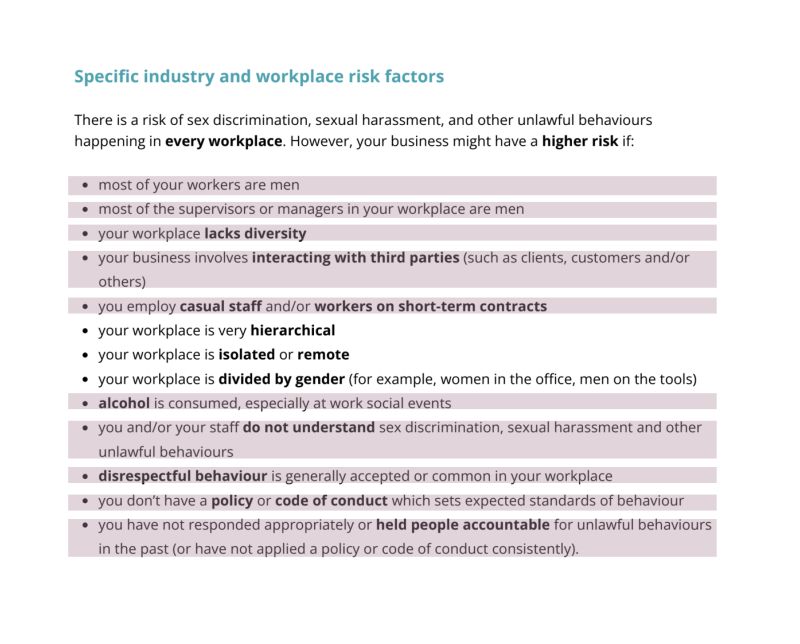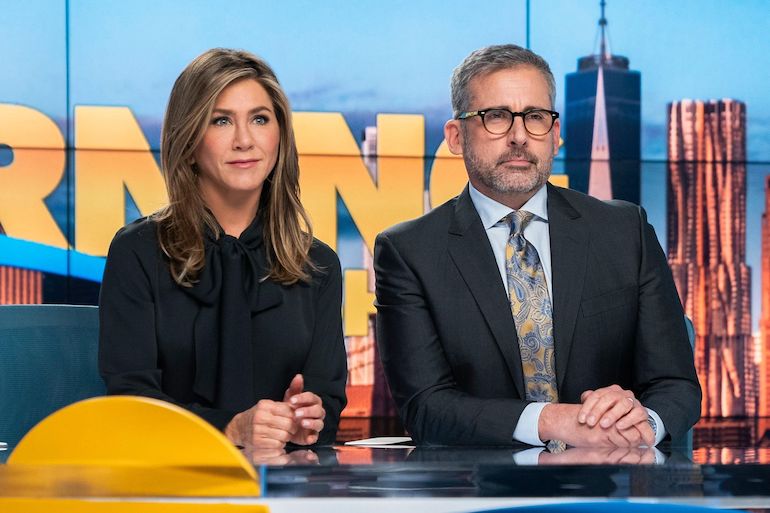A lot of folks have expressed surprise and dismay this week about awful comments by Sam Joel, and the wider idea that the ANZ startup ecosystem might have a sexual harassment problem.
Here’s why I’m not surprised.
I wanted to write about this because working on consent education at Normal and doing work on gender equity at McKinsey means I’ve been immersed in a lot of the policy evidence about this for years.
But if that’s not your context, it’s easy to fall into assumptions like
“Hey, startups are a place full of highly-skilled people trying to build good things, why would there be harassment”, or
“We’re all about innovation and the future – sexual harassment feels like a throwback that happens in the corporate past”, or
“If it were happening, surely I’d know about it”
It’s also really easy to confuse technological disruption with being culturally progressive or placing a priority on equality in a workplace – especially because so much of tech culture is imported from the west coast of the USA (Silicon Valley, LA, Seattle, etc), where those two cultural currents tend to coincide.
I actually think the opposite is true – that people working in startups are uniquely vulnerable to sexual harassment
If you look at the Australian Human Rights Commission‘s 2023 report on the risk factors in a workplace that increase vulnerability to sexual harassment, the startup ecosystem ticks nearly every box (see screenshot below).

AND it has some unique risk factors which aren’t on that list as well, like
1. Being a highly networked, interdependent industry – one where jobs, fundraises, warm intros and more come through networks.
If you’ve experienced harassment and want to escalate it, being perceived as ‘difficult’ or unofficially blackballed is a huge personal risk.
It’s happened to me, it’s happened to a bunch of other women I know, and it’s awful.
Calling out the strangers on the internet is much easier than taking on the people with real power over your career and reputation.
2. Cultures that prize ‘informality’ and ‘not being corporate’ can be great – or they can be breeding grounds for everyday sexism that goes unremarked, or the classic “stop being so sensitive” dismissal.
If you’ve never seen it before, check out frameworks like the Pyramid of Sexual Violence, which speaks to how everyday sexism creates the conditions for more extreme forms of harassment to occur.
It’s not just “bad eggs” who “come out of nowhere”, tolerance for the small things enables the more extreme behaviour.
3. Lots of small businesses with inexperienced leaders & no HR functions – or a single overworked person whose focus is recruitment and admin.
4. Boards comprised of investors whose incentives are to maintain good relationships with founders and protect investor capital, not employees.
My point is Unless we do active work around preventing issues, why are we surprised to find they are prevalent and persistent?




















Trending
Daily startup news and insights, delivered to your inbox.